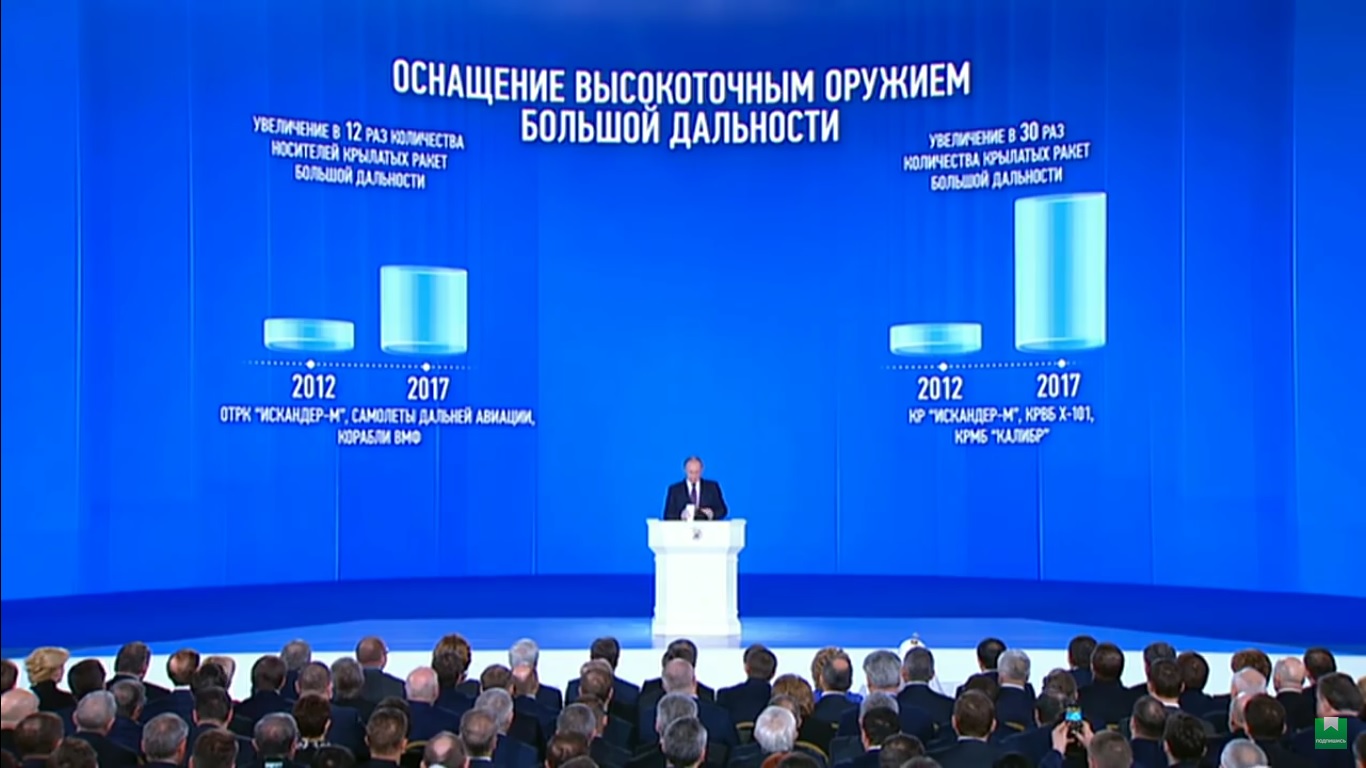The editors of Novoye voyennoye obozreniye, the military affairs supplement to Nezavisimaya gazeta, suggest that the trajectory of relations between North Korea’s Kim Jong-Un and US President Donald Trump may be a model for possible talks between Washington and Moscow at the highest level.
For some months, North Korea’s Kim escalated the situation by developing nuclear weapons and ICBMs, to which Trump responded by threatening to destroy North Korea with an attack unprecedented in its ferocity, hardly the situation out of which one would expect talks to emerge.
But then Kim launched his charm offensive in South Korea at the Olympics and, through Seoul’s diplomats, extended an invitation to Trump to meet with the North Korean leader in talks where almost all the issues the US has expressed concern about would be on the table.
Whether that session will lead to a breakthrough very much remains to be seen, but clearly, the editors say, there is a desire on the part of both sides to move forward after being so close to war only a few weeks ago. Trump is confident of his unique personal skills to make a deal by scrambling the pieces on the board, and Kim has taken advantage of that fact.
Consequently, the editors of Novoye voyennoye obozreniye continue, there is no reason to assume that a decision by one side in a conflict to take steps that the other views as offensive precludes such conversations. Instead, it is precisely the case with the current constellation of leaders that threatening actions followed by openness for talks may have the opposite effect.
But it does ask the provocative question: “Is Washington ready to negotiate with Moscow?” Perhaps, although the paper doesn’t say so, for similar reasons reflecting both the situation and the nature of the players.
Read More:
- Political “gamers”: of dragons and propaganda
- Putin may not get a new Yalta but face a new Star Wars program, Pastukhov says
- Shevtsova: Moscow far more worried about Trump than many in the West think
- Trump ‘playing for Russian side’ now, Moscow commentator says
- US, EU actions on Russia a remake of what brought the much stronger USSR to its end, Yakovenko says
- Is Russia getting ready to launch a nuclear strike from Crimea?
- Kremlin nuclear hysteria: To wage or not to wage nuclear war
- ‘Star Wars Redux’ – Putin’s fears of losing his nuclear ‘club’ work to Ukraine’s advantage, Portnikov says
- Russia’s nuclear threats and spy games
- Putin’s nuclear brinkmanship betrays his military’s backwardness, Felgenhauer says
- Putin, world’s first nuclear terrorist, must be isolated internationally, Yakovenko says
- Russia, not China, violating sanctions regime against North Korea, Nemets says
- Moscow analyst: Russia has made North Korea’s rocket program possible




